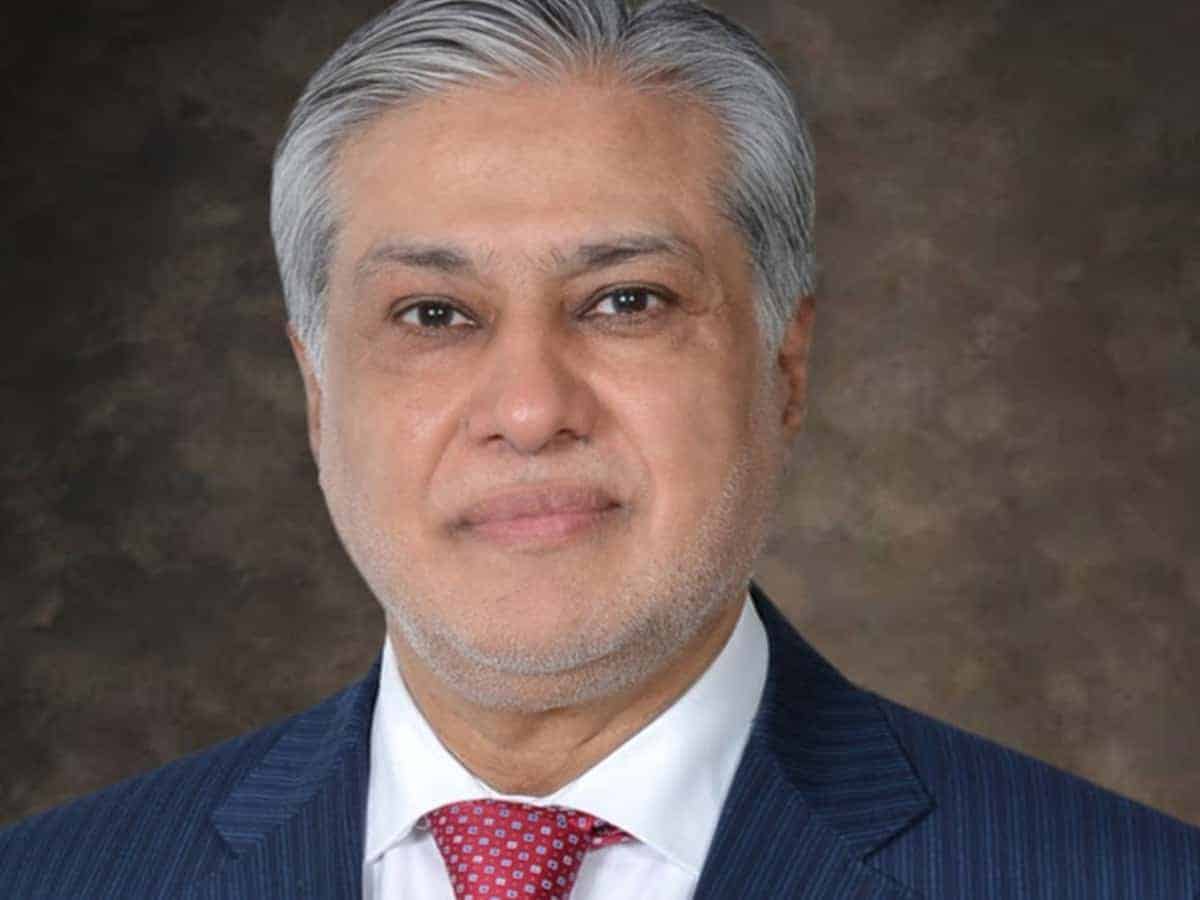
Islamabad: Pakistan’s Finance Minister Ishaq Dar vowed on Thursday that the government was “absolutely committed” to completing the current USD 7 billion bailout programme with the IMF, once again indicating that the cash-strapped country could sign the staff-level agreement with the global lender this week.
The Pakistan government is in a race against time to implement measures to reach an agreement with the International Monetary Fund (IMF) as the country has reserves barely enough for three weeks of essential imports, while hotly contested elections are due by November, Dawn newspaper reported.
Addressing a seminar organised by the Finance Ministry here, Dar said: “My team and I have decided that, in a short period of time, we will implement and we will discharge all the sovereign commitments that the previous government had made.” Pakistan and the IMF have been holding virtual talks after the two sides held 10 days of intensive negotiations with an IMF delegation in Islamabad from January 31 to February 9, which failed to reach an agreement.
He recalled that the coalition government was handed over an economy “in a shambles”.
“To top it [off], the previous government (led by Imran Khan) had agreed to a loan facility which was extended by the IMF. But instead of honouring the commitments, they reversed some conditionalities before leaving office. This led to a serious trust deficit [between the lender and Pakistan],” he highlighted.
However, the minister went on to say, the government had realised that these obligations were not made by an individual but by the sovereign state of Pakistan and decided to honour the commitments.
“We have been in the process of the 9th review which has taken longer than it should have […] we seem to be very close to signing the staff-level agreement, hopefully in the next two days,” Dar added.
The agreement with the IMF on the completion of the ninth review of a USD 7 billion loan Extended Fund Facility programme — which has been delayed since late last year over a policy framework — would not only lead to a disbursement of 1.2 billion but also unlock inflows from friendly countries.
The prerequisites by the lender are aimed at ensuring Pakistan shrinks its fiscal deficit ahead of its annual budget around June.
Pakistan has already taken most of the other prior actions, which included hikes in fuel and energy tariffs, the withdrawal of subsidies in export and power sectors, and generating more revenues through new taxation in a supplementary budget.
Prime Minister Shehbaz Sharif announced a slew of austerity measures last month, including cabinet members forgoing their salaries, paying their own bills, banning the purchase of luxury vehicles from 2024, and slashing the current expenditure by 15 per cent, among others.
The finance minister further said that Pakistan’s economic difficulties were compounded by the devastating 2022 floods, which caused physical and economic losses of nearly USD 30 billion.
The floods, which inundated a third of Pakistan, destroying land, crops, and infrastructure, left more than 1,700 persons dead.
“But despite the fiscal constraints and limitations, the federal and provincial governments have jointly allocated Rs 452 billion for relief and rehabilitation work of flood affectees.
“This persistent fake propaganda regarding the country defaulting on its international obligations is completely ill-founded and null […] in fact it harms the country,” he maintained, adding that “petty politics” was only doing more harm to the cash-strapped country.
Dar said that he had been appealing to the political parties to sit together and sign a charter of economy, but regretted that it always fell on “deaf ears.”



